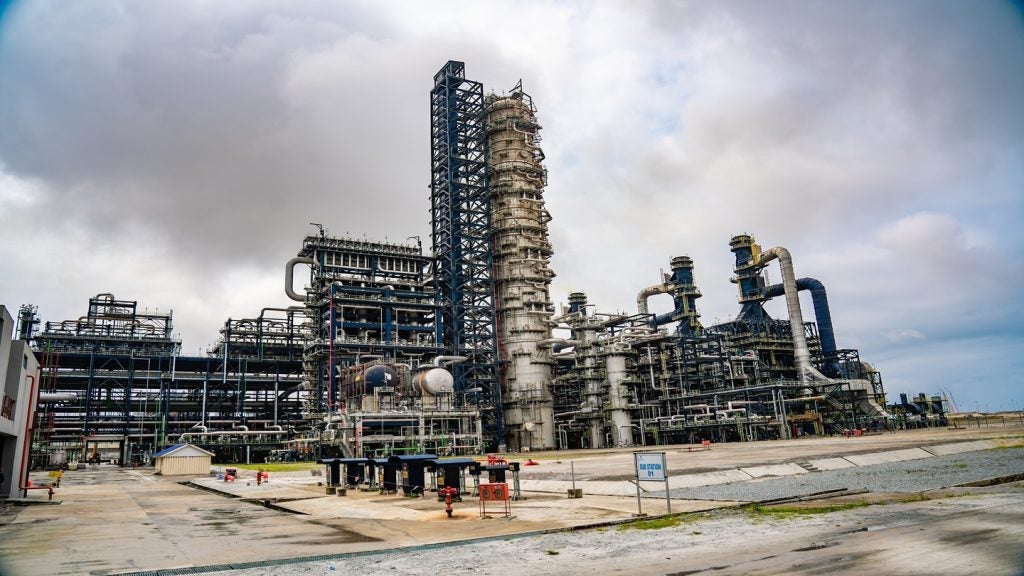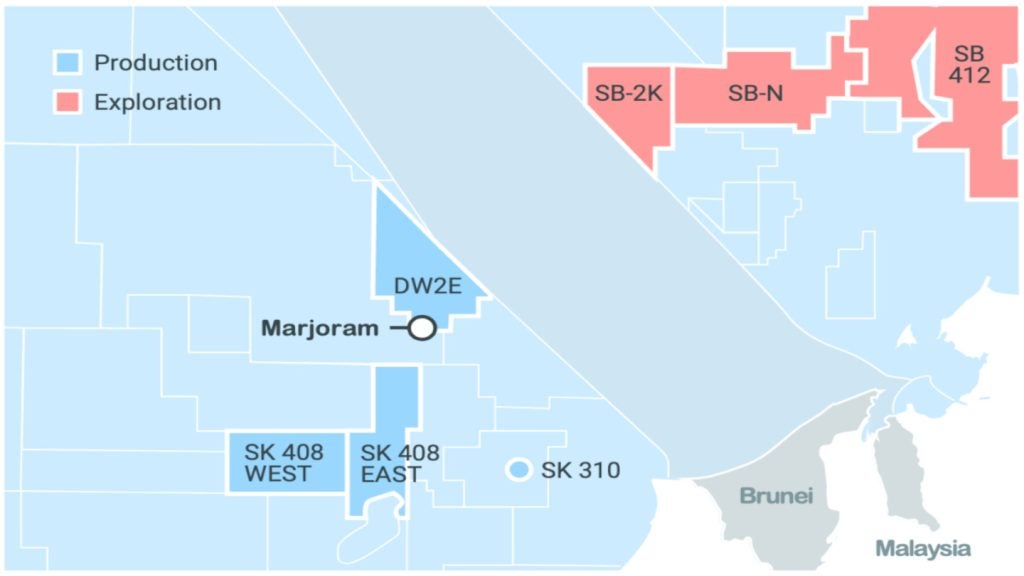OPEC has reportedly reduced its 2024 global oil demand growth forecast for the fifth consecutive month, marking the largest cut so far.
OPEC now expects demand to rise by 1.61mbbl/d, down from the previous estimate of 1.82mbbl/d, citing China's slowing demand growth as a key factor, according to a report by Reuters.
This adjustment underscores the challenges faced by OPEC+, which includes OPEC members and allies like Russia.
Earlier this month, OPEC+ postponed its plan to increase output until April 2025 due to declining prices. The 210,000 barrels per day (bpd) cut in the 2024 forecast is the largest reduction made by OPEC since August.
In its monthly report, OPEC highlighted that the revision mainly affects Q3, based on recent bearish data.
According to the report, China, India, other Asian countries, the Middle East and Africa contributed to the downgrade. OPEC now anticipates Chinese oil demand will increase by 430,000bpd in 2024, a significant decrease from the 760,000bpd forecast in July.
China's crude oil imports, historically a major driver of global oil consumption, are expected to peak soon as transport fuel demand declines.
Following the report, Brent crude prices fell, trading below $73 per barrel. Industry forecasts for 2024 demand growth vary, influenced by differing views on China's demand and the global transition to cleaner fuels.
Amid ongoing economic uncertainty in China, OPEC revised down its global oil demand growth forecast for 2024, as well as its projection for 2025.
OPEC's monthly report on global oil demand forecast an increase of 1.93mbbl/d this year, a reduction from slightly more than 2mbbl/d, as previously reported.
"The bulk of this revision is made in the third quarter, taking into account recently received bearish data for the third quarter," OPEC said in the report of the 2024 forecast.
OPEC's projections remain among the higher industry estimates, contrasting with the International Energy Agency's (IEA) lower expectations.
The IEA forecasts a demand growth of 920,000bpd for 2024 and plans to update its figures shortly.
Since late 2022, OPEC+ has introduced several output cuts to stabilise prices, delaying the reversal of a recent 2.2mbbl/d cut until April 2025 due to weak demand and rising external supply.















